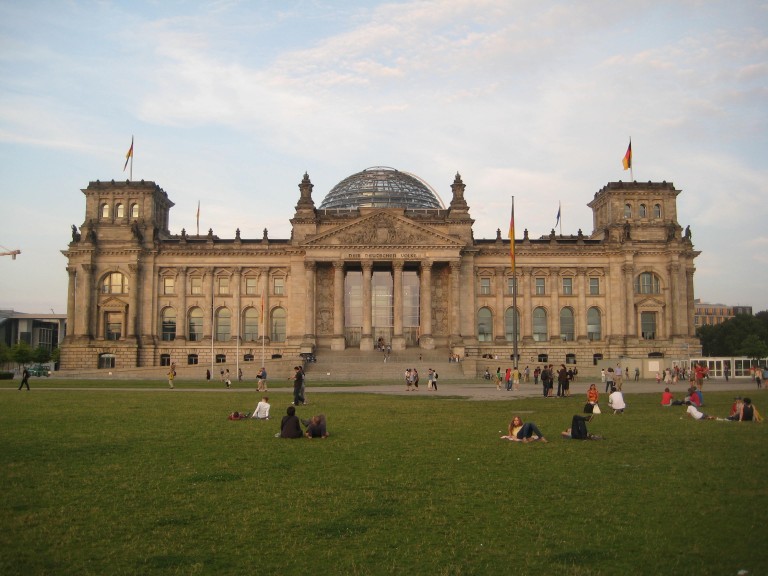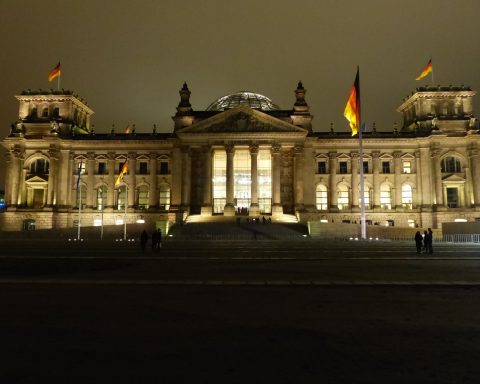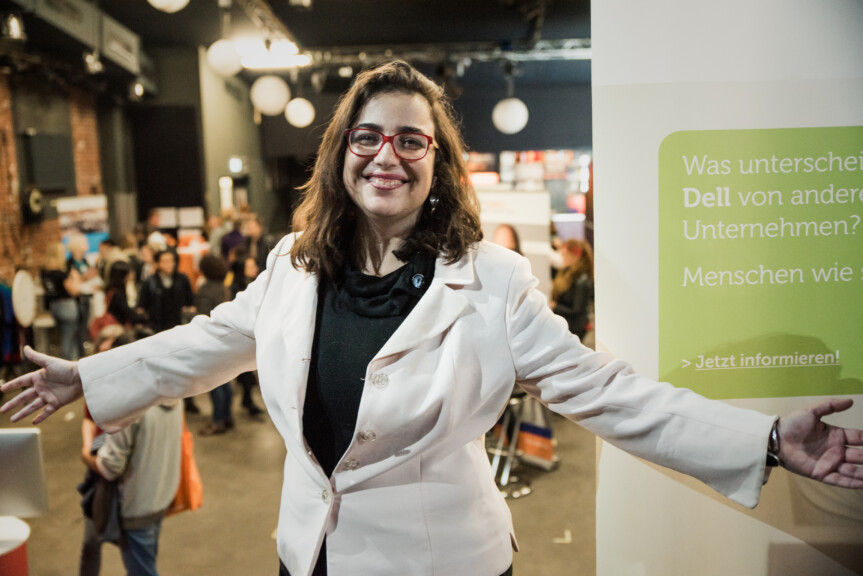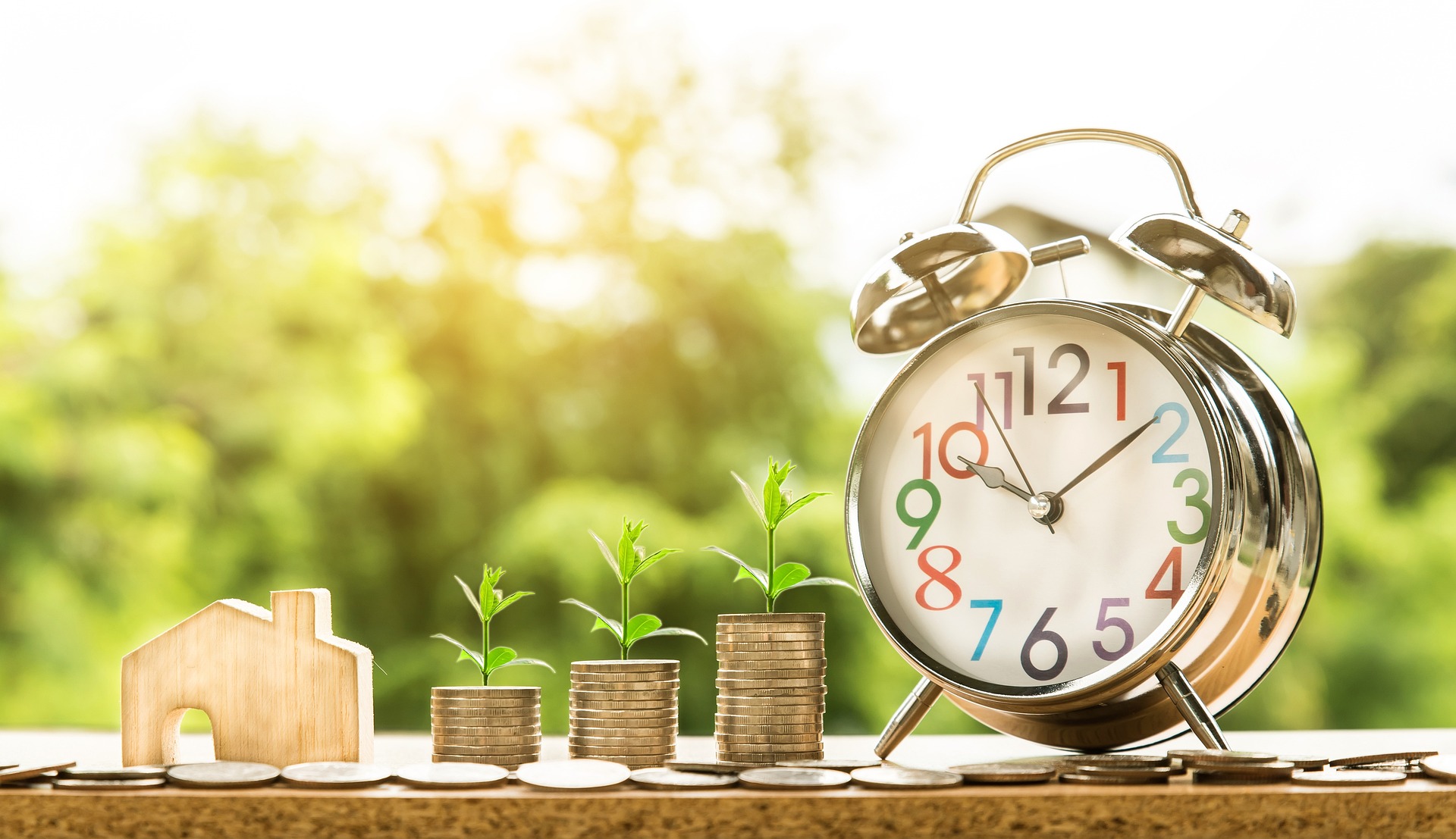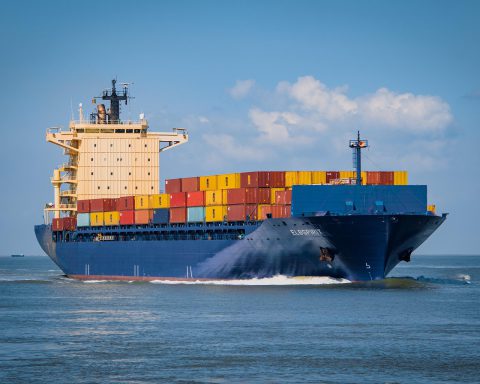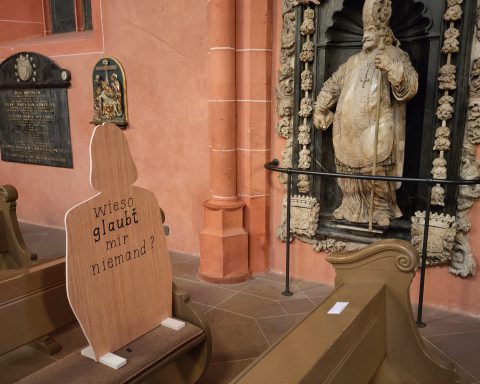We asked some of our international contributors and friends about their thoughts on this upcoming Bundestagswahl (German federal election). Here, they share their unique point of view. For more in-depth analysis on the German elections from Migrants’ Council member Mohamed, check out his other article on the subject.
Gabriel Armas-Cardona: “There will likely be a change in rhetoric”
The Merkel-era is coming to an end. For 16 years, she has been the one to lead. When it came to the influx of migrants starting in 2015, there was no doubt that she was the decider. Her policy of openness shocked and disgruntled many German nationalists, which is what fed the rise of the AfD. The CDU responded by shifting to the right to try to win back some of those votes. Having harsh rhetoric against migrants suddenly was in vogue again. The CDU tried to be both the party that let migrants in but also pushed them to assimilate (when many Germans say integrate, they actually mean assimilate). But since their policies are generally open, it was more the rhetoric that shifted.
The election results won’t spark a major overall policy change but will definitely transform the perspective and rhetoric in politics.
After this election, chances are we’ll have a government that includes the SPD and the Green Party. Since the CDU’s migrant policies were not hardcore right-wing policies, there won’t be a massive shift between governments. However, there will likely be a change in rhetoric from the top-down, less on pushing migrants to assimilate and more on unity and togetherness. Perhaps, there will even be talk of actual integration (as in, migrants won’t have to eat, sleep, breath, and think like a German to find a place in society), but that’s just speculation.
Another possibility that this center-left government would entail is less willingness to make deals with Turkey. Many leftists have grown sour on Erdogan as he continues to undermine rule of law, engage in military adventures in the region, and throw disdain at traditional liberal ideas. Merkel made a deal with him out of a sense of pragmatics, I don’t think the center-left would do the same. This could mean that Turkey would push some of its millions of refugees towards Europe. This would indirectly affect migrants living in Leipzig.
Indigo: “This country’s current issues have to unite us. We need to work together!”
In general, I think that not just here in Germany, but throughout the world, political beliefs have become very insular since the outbreak of the pandemic. This is reflected in far-right parties becoming more popular in several countries, in foreign aid budgets being cut, in the tightening of rules regarding asylum, and in the vaccine protectionism we are seeing in most richer countries. Clearly, this demonstrates that feelings towards migrants are becoming more hostile.
I fear that the world is leaning more and more in the frightening direction of separatism.
That said, I very much believe (and hope) that here in Germany, parties like the AfD are very unlikely to garner any meaningful percentage of votes at the upcoming election. In short, I feel that the effect of the pandemic on people’s political beliefs has been a rise in distrust and isolation – which can only be a bad thing for migrants. This fear is not only confined to the far-right parties but is currently also becoming a more mainstream worldview.
I imagine if this trend continues then it will become increasingly harder to be a migrant. From my personal viewpoint, I think that people are looking at this all the wrong way – if anything, the pandemic coupled with the flooding, fires, and climate issues should be uniting us and serving as a reminder that we all share one planet. We need to work together!
It is a strange feeling to be in the position of not being able to vote over the future of politics in the country you live in.
Chloé Tallon: “I believe that with the end of Merkel’s reign, there will also be an end to the ‘Wir schaffen das’ sentiment”
I don’t know if the election will have a big impact on migrants here since I don’t feel like immigration is one of the major election issues. Us French are very passionate about politics and love debating about it for hours, even if it means making enemies in the process.
I have to say that I am surprised at how little I have discussed the election with my German friends.
To me, the world’s appreciation of immigration policy in Germany is very strongly linked to Angela Merkel and her “Wir schaffen das” (“We can do it!”) slogan in 2015. More than a real impact, her departure will put an end to this motto, which I believe she believed in personally.
Mohamed Okasha: “It’s time to let solidarity be the decisive factor in the elections this year!”
For some, the upcoming election may appear as a routine, without a major impact on one’s own life. But for big parts of society, it does mean a change.
After years of politics to satisfy increasing right-wing ideologies, it is time to stop the use of migrants as scapegoats for the social injustice in Germany.
The resulting politics did not only impact the mental and physical well-being of migrants through insecurity of residency, complication of family reunion, deportations, and racism on a daily basis, it also put the lives of migrants in danger.
Hanau and Halle are just two painful examples. After decades of more and more socially accepted hate and racism, it is time to let solidarity be the decisive factor in the elections this year! In order to stand for a peaceful and free democracy, those with the privilege to vote have to do so in favor of those, who are highly affected and are not allowed to go to the ballots themselves.

